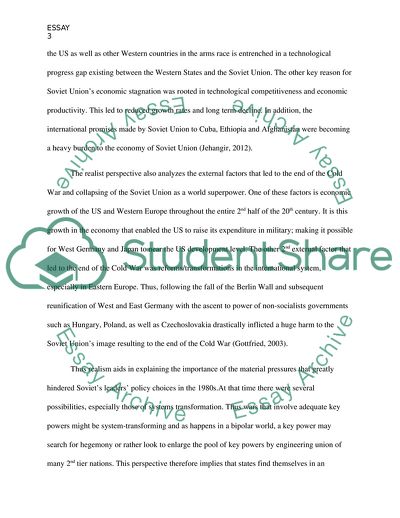Cite this document
(The Cold War Interpreted Essay Example | Topics and Well Written Essays - 1500 words, n.d.)
The Cold War Interpreted Essay Example | Topics and Well Written Essays - 1500 words. https://studentshare.org/history/1859010-the-cold-war-interpreted
The Cold War Interpreted Essay Example | Topics and Well Written Essays - 1500 words. https://studentshare.org/history/1859010-the-cold-war-interpreted
(The Cold War Interpreted Essay Example | Topics and Well Written Essays - 1500 Words)
The Cold War Interpreted Essay Example | Topics and Well Written Essays - 1500 Words. https://studentshare.org/history/1859010-the-cold-war-interpreted.
The Cold War Interpreted Essay Example | Topics and Well Written Essays - 1500 Words. https://studentshare.org/history/1859010-the-cold-war-interpreted.
“The Cold War Interpreted Essay Example | Topics and Well Written Essays - 1500 Words”. https://studentshare.org/history/1859010-the-cold-war-interpreted.


